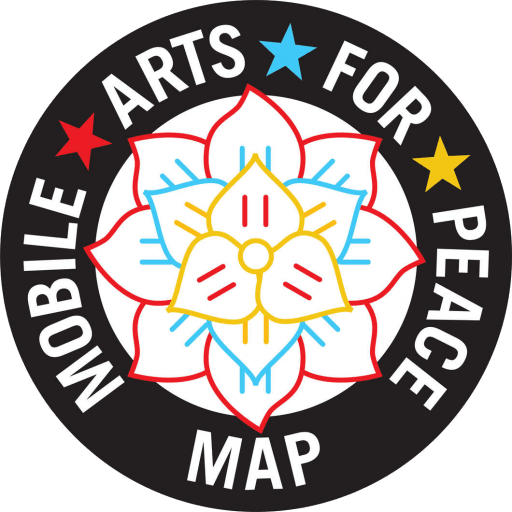In Nepal, MAP aims to influence national curricula and youth policy through local level in-school and out-of-school clubs.
The MAP clubs will target the local level governance structures including the Municipality and Rural Municipality Child Pathways to Impact 3 Rights Committee and the Provincial Child Rights Committee, in addition to the National Youth Council and District Youth Council of the western and southern districts.
Child and youth club-led initiatives will identify and prioritize local issues alongside the promotion of intergenerational dialogue and child-to-child peer learning to share, motivate, and teach other children to develop similar practices in their respective schools and communities.
Local cultural forms such as Deuda (from the western part of the country) and Mithila Art (from the southern part of the country) alongside Lok Geet (folk songs specific to varied parts of the country) will be adapted for dialogic purposes. Deuda can be used as a cultural form to explore local issues due to its question-answer structure and inclusivity. Mithila Art has been used across generations by women and girls to explore local issues through visual arts, using locally-sourced materials to paint communal murals inside homes, entry ways and exterior walls.
Arts-based communication systems will be informed by Forum Theatre, Playback Theatre and street drama with partner organisation Mandala Theatre, alongside generating the capacity of children and youth as video makers.
The MAP team first started working together in Nepal through the 2018-19 Changing The Story funded project “Examining Interpretations of Civil National Values made by Young People in Post-Conflict Settings (Kenya and Nepal)”.
This project aims to empower children in post-conflict settings to articulate their interpretations and shared communications of civic national values through their creation of a performance arts-based ‘scheme of work’ as a process of transformative learning for supporting local and global Civil Service Organisations (CSOs) in reducing poverty and advancing education for all, as part of the peace-building process.
The project has four central aims:
1. Explore how children in post-conflict settings interpret civic national values by their own conceptions, actions and reflections, supported in their application of varied performance arts-based tools and techniques for their shared communications.
2. Empower children in post-conflict settings to develop and advance their thinking about the past; the present and future possibilities of peacebuilding through theories of ‘reflection’.
3. Examine the perspectives of teachers on ‘civic national values’ including the varied ways they pass these narratives to their learners.
4. Facilitate our research partners to continuously analyse, reflect and reconceptualise their understandings and shared communications of civic national values for advancing future policymaking through a performance arts-based ‘scheme of work’ that can be applied locally, nationally and internationally in comparative contexts.
It is hoped that, through this project, children in post-conflict settings; their teachers; and CSOs become empowered by their reflections, conceptions and arts-based performances, benefitting their current and future processes of education, and advancing their shared communications of ‘civic national values’, allowing for continued peacebuilding.
Building on the partnerships developed through this project, the vision for MAP in the context of Nepal is for public education, empowerment and policy advocacy for peace education. MAP will educate and engage children and young people in peace education through different forms of arts. Children and young people will use different forms of art as a tool to create harmony and cohesion in the society. MAP will develop the capacity of youth and teachers to make them community agents of change to address peace and harmony.
